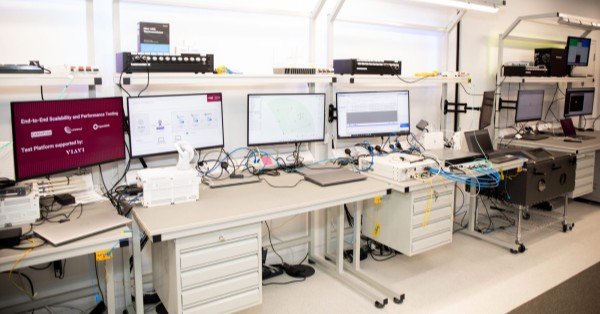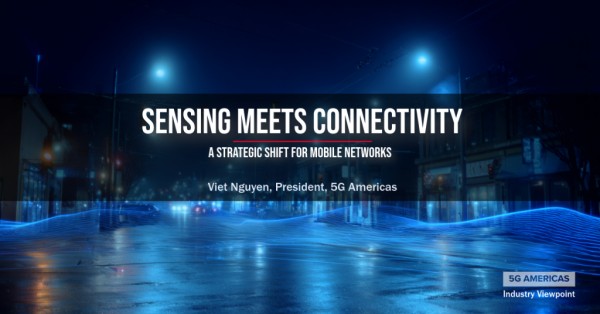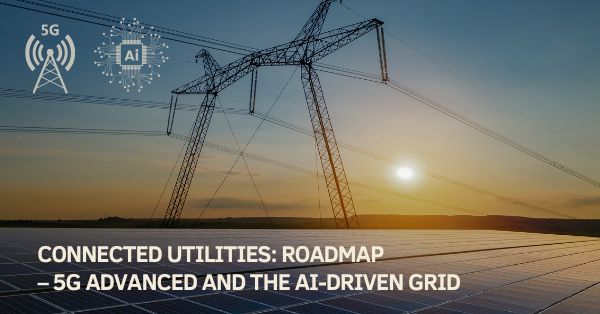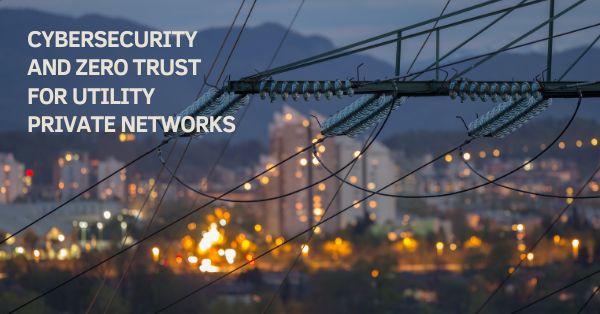UK telecom company Virgin Mobile O2 (VMO2) has joined the growing list of operators providing 4G and 5G connectivity to select areas of the London Underground Network, specifically certain sections of the Central and Northern Lines.
Similar to earlier Underground connectivity expansions by other UK operators, only specific parts of the network will see improvements. In this instance, VMO2 customers can access 5G and 4G services in the tunnels between Queensway and Holland Park on the Central Line. Notting Hill station has been upgraded to a ‘full 5G station,’ with availability on Central Line platforms and ticket halls, while Queensway and Holland Park stations offer 4G services.
On the Northern Line, 4G and 5G connectivity is available between Kentish Town and Archway, with 5G accessible at Archway and Tufnell Park stations and 4G at Kentish Town station.
BAI Communications worked alongside VMO2 to complete this project, having secured the contract from TFL to bring connectivity to the Underground Network from the UK’s operator group.
Gareth Turpin, Chief Commercial Officer at Virgin Media O2, stated, “For the first time, our customers can experience the latest 5G mobile services while deep beneath London.” He added that this development is expected to transform commuting in London, with plans to roll out high-speed mobile services at more Tube stations, tunnels, and platforms in the coming weeks and months.
Theo Blackwell, London’s Chief Digital Officer, expressed enthusiasm for the availability of 5G mobile connectivity at several Tube stations. He highlighted that the cutting-edge technology being deployed across the 5G network is already future-proofed and adaptable for upcoming generations of mobile signals. The Mayor’s commitment to Londoners was to provide 4G coverage throughout the Tube network in pursuit of a better London for all, and this latest development is a significant step in enhancing digital connectivity in homes, high streets, public spaces, and across the transportation network.
VMO2 first introduced 4G services on the Jubilee Line between Canning Town and Westminster stations in 2020. Although the project has not progressed at a rapid pace, it is expected that 4G services will be available by end of 2024, across the entire London Underground network with 5G integrated where infrastructure allows.
In the meantime, operators will continue to provide services only on select portions of certain lines. Commuters who aren’t particularly concerned about the type of signal they receive at various points of their journey will likely continue enjoying their podcast streams and may be pleasantly surprised if the connection remains uninterrupted, depending on their location.
























